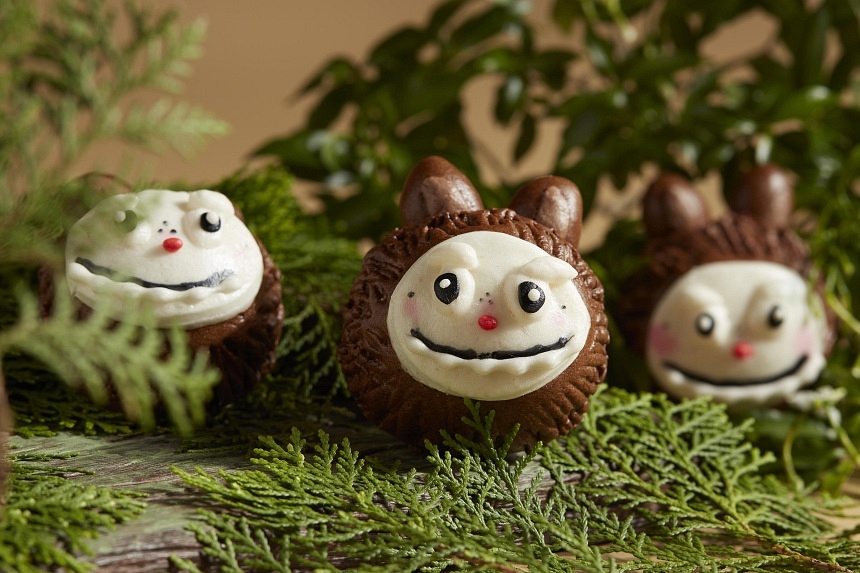Pop Mart plans to take action against unauthorised use of Labubu in food

The confectionery made the limited-edition kueh available for pre-order on its website in late October. Each kueh, which takes 15 minutes to shape by hand, costs $10, with a set of seven priced at $60.
Ji Xiang co-owner Kelvin Toh, stopped selling the monster-shaped kueh on Nov 18, when approached by The Straits Times to respond to Pop Mart’s intention to take action against food vendors that have used Labubu without permission.
He says customers who paid for pre-ordered kueh in the last week will be refunded.
He adds: “I am relieved that we can stop making the custom kueh because it is a lot of work. It was more for marketing purposes and publicity, and not for revenue.”
But he plans to contact Pop Mart about collaborating and to inquire about licensing.
Cantonese restaurant Peony Jade, which launched dark chocolate bao shaped like Zimomo, the leader of The Monsters, stopped taking pre-orders for the buns on Nov 18 – the evening of the launch – when it learnt of Pop Mart’s intention to take action against unauthorised use of its intellectual property.
The restaurant, which cancelled pre-orders and refunded customers, had planned to sell the buns at $19.50 for a set of three until mid-January. Each bun takes 45 minutes to shape by hand.
Mr Robert Han, 65, general manager and executive director of Peony Jade, says it was an oversight to not apply for the licence to use The Monsters character. The restaurant has since removed its social media posts about the bun.
Peony Jade, which produced Angry Birds mooncakes in 2012 and Gudetama chocolate bao in 2016, had obtained the licences to use those characters in its confections.
Yuen Law associate director Tris Xavier, 40, says: “Food safety is a real concern. By using images, designs and the name of Labubu in food products, there is a possibility that people may think they are associated with the original character.
“If someone gets sick from a product that carries the unauthorised branding, the person may blame the original IP owner. It can hurt the reputation of the brand and the IP owner.”
Ms Francine Tan, managing director of Francine Tan Law, says if Pop Mart has a licence from the creator or the original IP rights holder, and protected the word “Labubu” and drawings of the monster character as a trademark for the relevant goods in Singapore, it can take action for the unauthorised use of the trademark under the Trade Marks Act.
In the absence of any trademark or design registration under the Registered Designs Act, an option would be to take action under the common law of passing off. This protects businesses from misrepresentation by a third party that its goods or services are those of the relevant business and which damages their goodwill.
Ms Tan adds that failing to obtain a licence from the IP owner not only exposes businesses to trademark, design and/or copyright infringement, but also brings negative publicity to their own business. It gives the bad impression that they do not honour intellectual property rights and are misappropriating the proprietary rights of others for profit.
